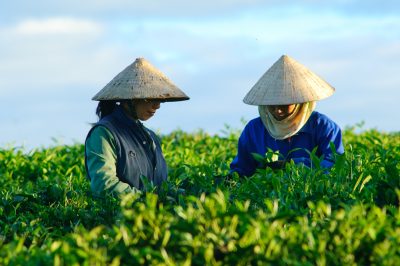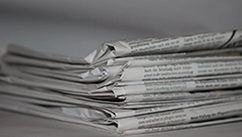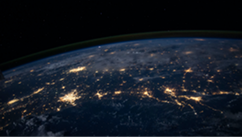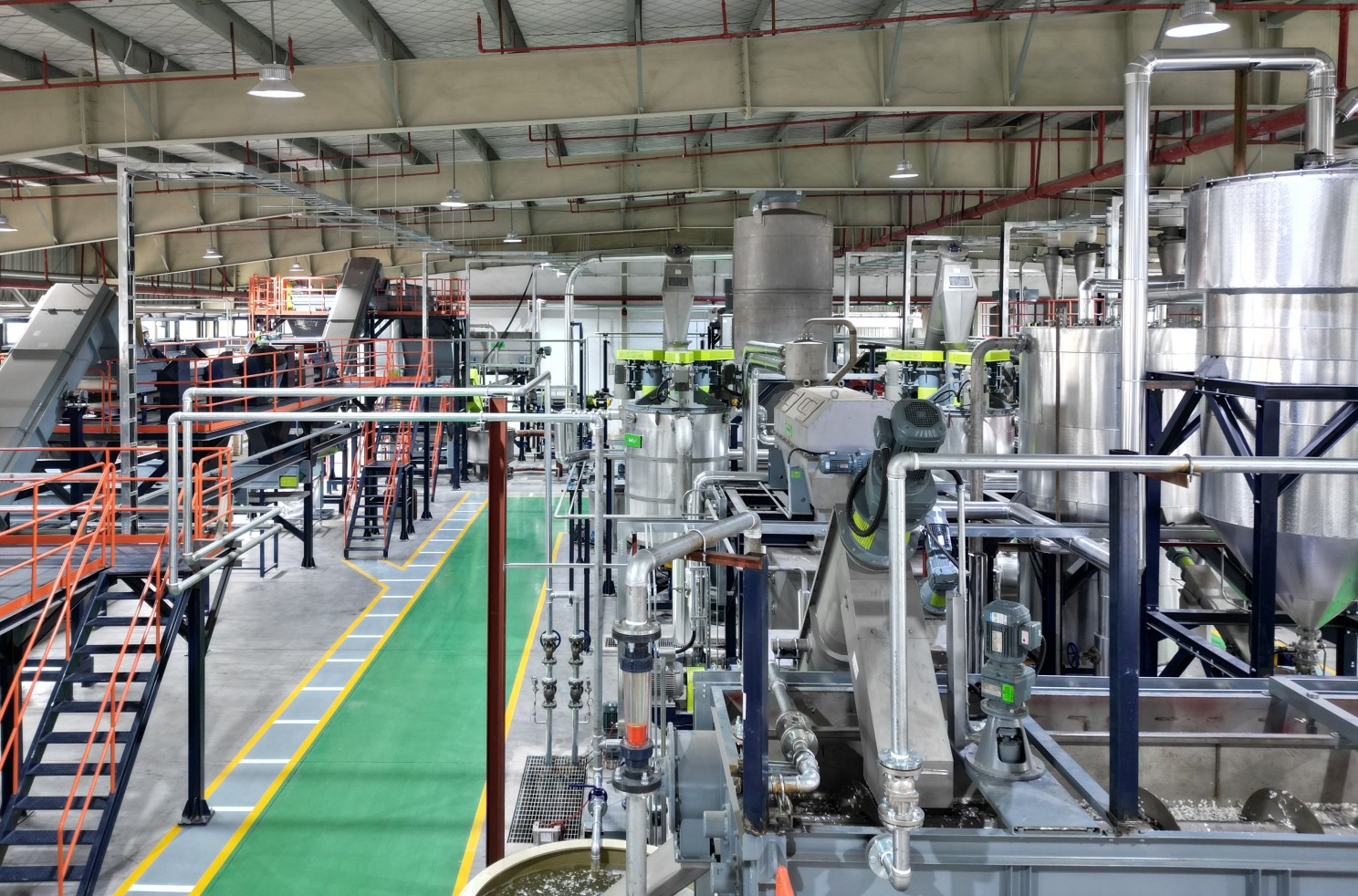Developed Ajinomoto’s waste collection and recycling system
Indonesia’s waste problem
As an emerging economy, Indonesia is experiencing an increase in emissions due to the increase in population and economic activity. According to the National Plastic Action Association, Indonesia generates about 6.8 million tons of plastic waste annually. Of this, only 39% is collected, while 61% is said to be uncollected and released into the environment through open burning and other means. Furthermore, the country has not established a recycling system for collected waste, most of which is dumped in landfills as is.
Indonesia is famous for its mangrove habitat, which is one of the world’s most valuable forest resources. However, each year there are more reports of serious damage to the ecosystem. This damage includes mangrove seedlings stunted by marine plastic, as well as seabirds, fish and sea turtles living in mangroves dying from accidental ingestion.

In response to this situation, the Indonesian government has set an ambitious target of reducing the amount of plastic discharged into the sea by 70% by 2025. A collection and recycling system as well as other programs have been established, including a “waste bank” to purchase high-value waste such as plastic bottles and aluminum cans. However, the country has not yet developed effective collection systems for low-value waste (laminated packaging materials for food packaging, etc.).
New waste collection and recycling system
The current system includes waste collection stations at traditional markets jointly operated by Rekosistem and the city of Surabaya. Rekosistem also purchases non-organic waste, including multi-layer food packaging. The system is designed to classify simple waste into one of two categories: organic waste and non-organic waste. This makes the task of sorting more acceptable in Indonesia, where recycling culture is still unfamiliar.
Non-organic waste brought to the station is inspected and sorted by type, and residents who bring their trash are given points accordingly. This incentive not only contributes to environmental conservation but also revitalizes the local economy.
Points can be exchanged for cryptocurrency, which is widely used in Indonesia. As the brand owner, PT AJINOMOTO INDONESIA pays compensation for waste collection costs and conducts educational activities for retailers and neighborhood residents to encourage collection.
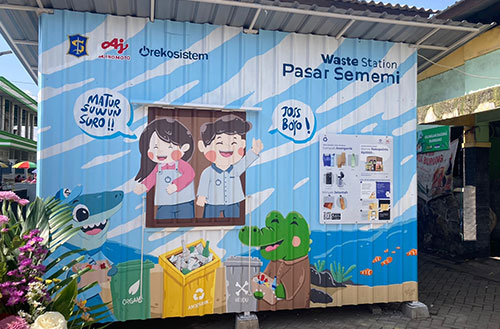

The first step towards a circular economy
Companies like Ajinomoto Co., Inc. You can participate in this project quite easily. Other companies can win the right to collect their plastic waste by sponsoring projects and purchasing plastic credits. As with PT AJINOMOTO INDONESIA, companies can win more shares and enhance brand value by educating nearby residents about waste segregation.
Although the project in Surabaya is a pilot initiative, AJINOMOTO hopes it will become an opportunity to encourage the participation of many companies, including Japanese companies with operations in Indonesia. The company hopes this program will become part of the social infrastructure in all regions of Indonesia. This new ecosystem will benefit all participating stakeholders and signals the first step towards creating a circular economy in the country.

